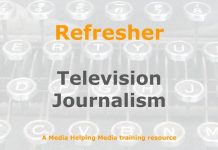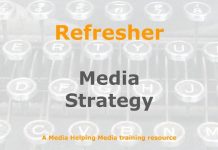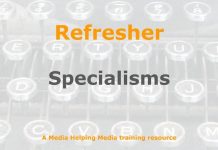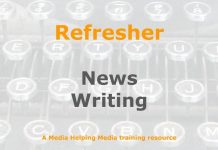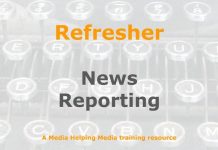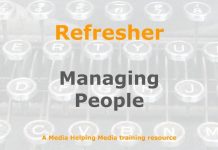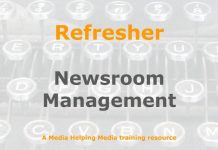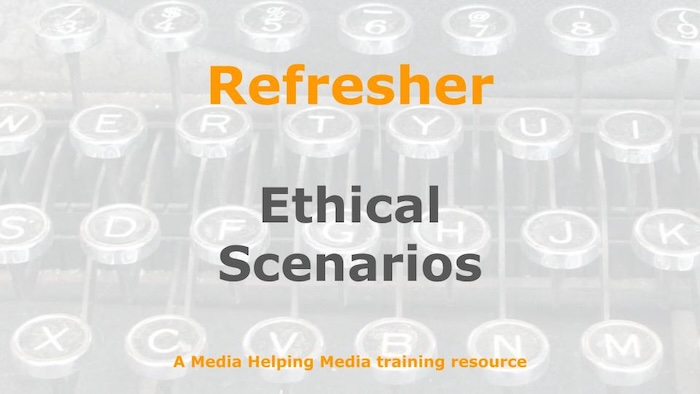 This intensive one-day course looks at some typical ethical considerations faced by journalists when covering a news story.
This intensive one-day course looks at some typical ethical considerations faced by journalists when covering a news story.
It condenses the essential content of a six-week module covering ethical scenarios into an intensive, practical single-day programme, ensuring your journalistic foundation remains robust, accurate, and fair.
We recommend that participants read the resources listed below before attending this refresher.
One-day intensive: Ethical scenarios in news coverage
- 09:00 – 10:30: Introduction to ethical journalism: Trust and verification
- Focus: Defining the core ethical challenge – building and maintaining public trust – and establishing accuracy as the cornerstone of credible journalism.
- Group activity: Group analysis of two scenarios focusing on conflicts of interest and the importance of fact-checking.
- Scenarios (4):
- 10:30 – 10:45: Break
- 10:45 – 12:30: Fairness, impartiality, and managing conflicts of interest
- Focus: Practical session on ensuring fairness and impartiality in contentious reporting. Detailed discussion on conflicts of interest (real or perceived) and professional strategies for managing them, including disclosure.
- Group activity: Develop a newsroom protocol for handling potential political and financial conflicts of interest for staff.
- Scenarios (3):
- 12:30 – 13:30: Lunch
- 13:30 – 15:00: Privacy, consent, and the law
- Focus: On the ethical duties to respect individual privacy and seek informed consent, particularly in vulnerable situations. Overview of common legal challenges journalists face, including defamation and the limits of trespass.
- Group activity: Role-play a difficult door-knock interview requiring negotiation of privacy and informed consent.
- Scenarios (4):
- 15:00 – 15:15: Break
- 15:15 – 16:45: Sensitive reporting, transparency, and the public interest
- Focus: Addressing the challenges of sensitive reporting on tragedy and trauma while managing emotional pressure.
- Group activity: Debate a complex ‘public interest’ case study, determining if the ethical justification for publication outweighs the harm.
- Discussion: On the final pillars of ethical journalism: transparency, the practical application of the right of reply, and the difficult judgment of what is truly in the public interest.
- Scenarios (10):
- Covering a tragedy – scenario
- Emotional pressure – scenario
- Emotional assumptions – scenario
- Interviewing integrity – scenario
- Public interest – scenario
- Off-the-record chat – scenario
- Returning favours – scenario
- Transparency and full disclosure – scenario
- Right of reply – scenario
- Photo journalism – scenario
- 16:45 – 17:00: Final plenary and questions
Related material
